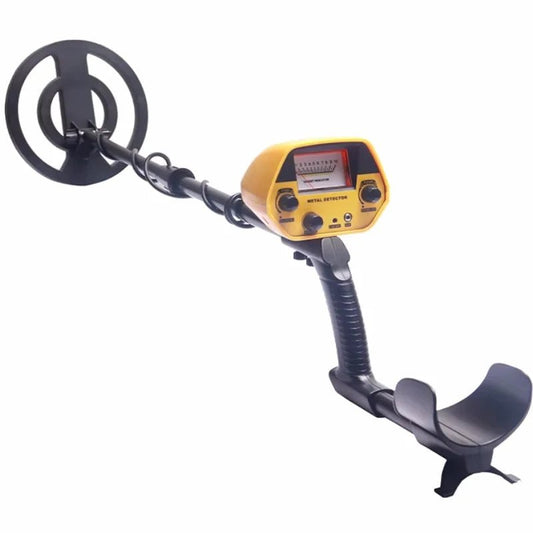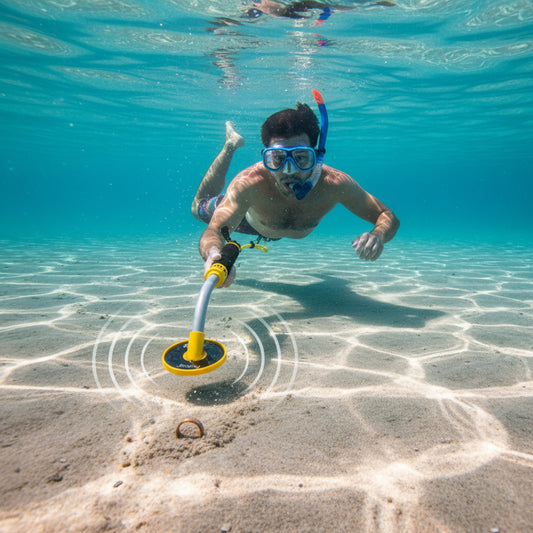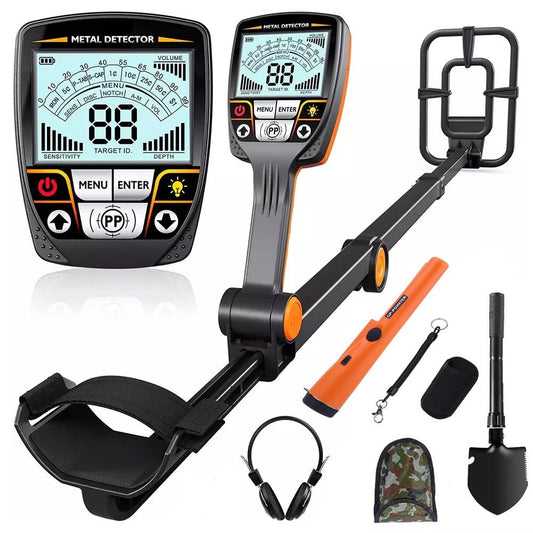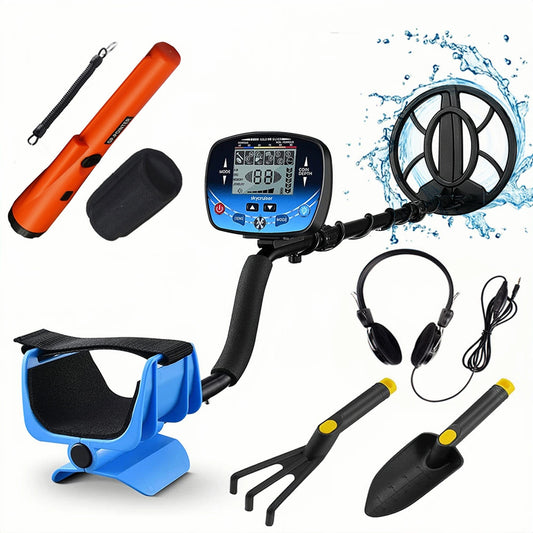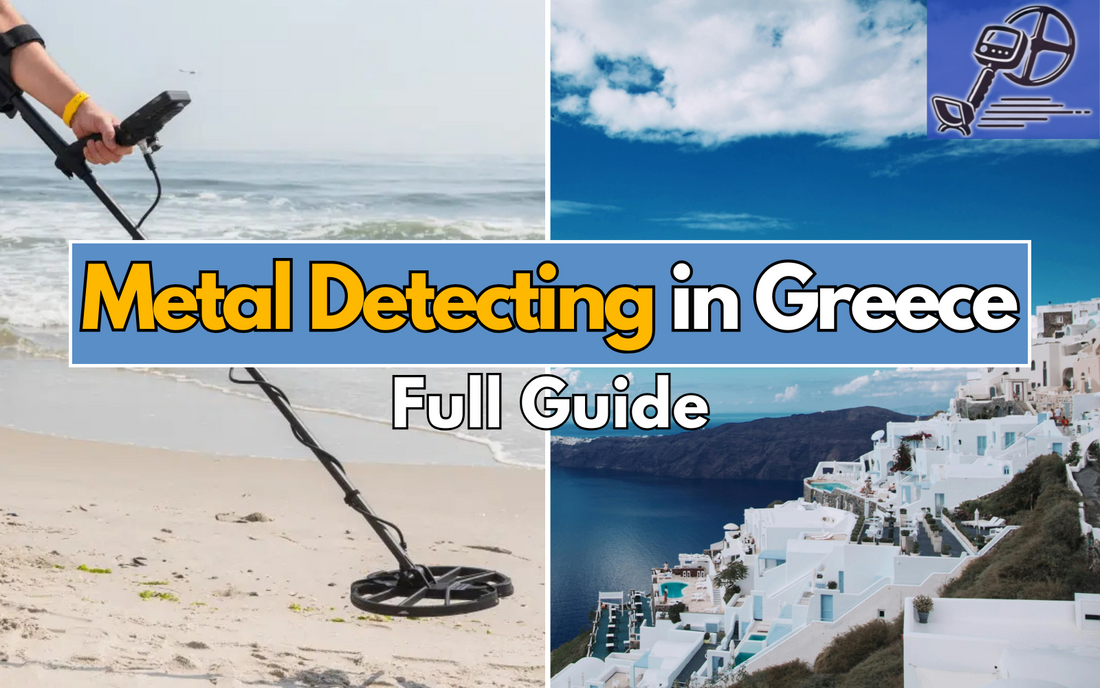
Metal Detecting in Greece: Permits, Legal Risks, and Best Beaches
Share
Greece, with its ancient ruins, sun-drenched beaches, and legendary treasures, is a magnet for metal detecting enthusiasts. But before you pack your detector for a trip to Crete or Mykonos, it’s vital to understand the country’s strict regulations, lengthy permit process, and the serious legal risks involved.
This guide covers everything you need to know about metal detecting in Greece, including how to get a permit, legal pitfalls, and the best beaches where detecting is possible.
Is Metal Detecting Legal in Greece?
Metal detecting in Greece is tightly regulated. The Greek Ministry of Culture has recently tightened the rules to protect the nation’s rich archaeological heritage.
As of 2024, anyone owning a metal detector must obtain a possession permit from the Department of Documentation and Protection of Cultural Properties. Only adults may own detectors, and every transfer or use must be declared.

Key legal points for metal detecting in Greece:
-
You must have a permit to own and use a metal detector in Greece.
-
All use of metal detectors must be pre-approved, with a detailed map of the search area, purpose, and participant list submitted to the Ministry of Culture.
-
Detecting is strictly forbidden in or near archaeological sites, monuments, protected zones, caves, and historical areas.
-
Violating these laws can result in severe penalties, including imprisonment of three months to several years, especially if the offense involves protected sites.
-
All archaeological finds, regardless of value, must be deposited with local authorities and cannot be removed from the country.
How to Get a Metal Detecting Permit in Greece

The permit process is lengthy and bureaucratic, often taking 3 to 7 months. Here’s what you need to do:
-
Apply to the Ministry of Culture or the local culture department.
-
Provide proof of detector ownership, a detailed Google Earth map of the intended search areas (beaches or land), and a description of your research purpose.
-
List the beaches or locations you wish to search; you may receive permission for some, but not all, of your requested sites.
-
The permit is typically valid for one year and is free of charge.
-
Join a local metal detecting club to help navigate the process and improve your chances of approval.
Legal Risks and Penalties
Greece enforces its metal detecting laws strictly. Illegal detecting, especially for archaeological objects, can result in:
-
Imprisonment of 3 months to 20 years, depending on the severity and location.
-
Heavy fines and confiscation of your detector and any finds.
-
Criminal charges for attempting to export artifacts or failing to report historical finds.
Even amateur detectorists have faced prosecution for not following the rules, so it’s crucial to be fully compliant.
Where Can You Metal Detect in Greece?

The most realistic option for legal metal detecting in Greece is on beaches, and only with a permit. Archaeological sites, ancient ruins, and historic landmarks are completely off-limits. Even on beaches, you must avoid protected areas and always carry your permit.
Best beaches for metal detecting (with permission):
-
Elafonissi Beach, Crete: Known for its pink sand and tourist traffic, it’s a favorite for modern jewelry and coins.
-
St. Georges Beach, Naxos: A popular spot for both locals and tourists.
-
Paradise Beach, Mykonos: Busy with visitors, making it a good place for lost valuables.
-
Plaka Beach, Naxos: A long, sandy stretch with plenty of space for legal detecting.
Always check which beaches are included in your permit and avoid protected dunes or wildlife zones.
Tips for Responsible and Successful Metal Detecting

-
Carry your permit at all times and be prepared to show it to authorities.
-
Use a reliable detector suited for beach conditions, such as the Minelab Equinox or Fisher F22.
-
Detect early in the morning or late in the evening to avoid crowds and heat.
-
Fill your holes and remove any trash you find to keep the beaches clean.
-
Join a local club for support, advice, and help with the permit process.
-
Never attempt to detect near archaeological sites, even if they are unmarked.
-
Report any historical or valuable finds to local authorities as required by law.
What Can You Find?
With the right permit and in legal areas, you can expect to find:
-
Modern coins (euros, foreign currency)
-
Jewelry (rings, bracelets, necklaces)
-
Watches, sunglasses, and small electronics
-
Occasionally, tokens or trinkets lost by tourists
You cannot keep or export any item of archaeological interest or anything over 100 years old.
Conclusion
Metal detecting in Greece is possible, but only if you follow the country’s strict laws and permit process. Focus on permitted beaches, always carry your paperwork, and avoid any area with archaeological significance. With patience and respect for the law, you can enjoy the thrill of discovery on some of the world’s most beautiful beaches—without risking legal trouble.

